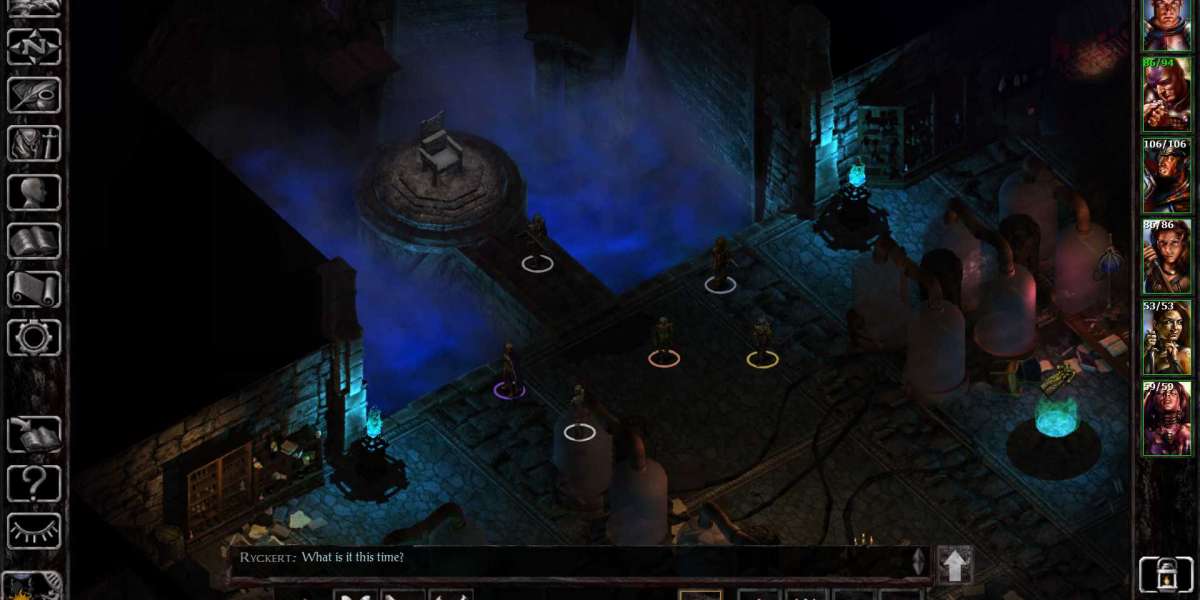Why should kids at all learn to code and computer thinking?
There is a common assumption, not always helped by the tech industry itself, that kids should learn to code because we need more computer scientists. It is argued that more software developers will help shape our digital world for the better, and, you know, it won't be so bad for the economy. (The term "ready to go" comes to mind).
The educational project of the South-West State University Children's University and Technopark "South-Western State University Junior" invites young applicants 9-11 years old to become students of the first Children's University in the Central Black Earth Region !.
To which the obvious answer for a parent or teacher is: "But what if my child or student does not want to be a computer scientist?"
While it's true that the big tech firms - Google, Facebook, Apple, Tesla - are recruiting amazing engineers, there are far more compelling and compelling arguments for why kids should learn to code beyond "Because it's great for GDP." five of them:
1. Programming fuels creative expression
Programming for kids is a fundamentally creative process. Just like drawing or cooking, programming gives a child a benefit - even a joy - that starts from scratch and ends with something. Programming for children is a fundamentally creative process; starting from scratch and ending with something.
And this goes further. In the real world, creativity is often limited to the materials we have at our disposal - like the ingredients when we cook, or the canvas when we paint. But in programming, where the virtual world is endless, the only limitation is the child's imagination.
2. Programming demystifies technology
The University of Oxford predicts that 47 percent of jobs in the United States will be fully automated over the next 20 years. Meanwhile, projections for the number of connected devices to be used as part of the Internet of Things by 2020 range from 20 billion to 75 billion.
Over the next 20 years, 47% of US accounts jobs will become fully automated.
Because of this proliferation of devices and computers, there is growing concern about the growing role of artificial intelligence and computers, in particular whether workers' machines will make workers obsolete. Understanding what computers can and cannot do is fundamental to solving these problems. If we can teach children to remake the technological world around them, we can help them become creators, not just consumers of technology.
3. Teaching children to program requires persistence and problem solving.
Anyone who has played with code, from beginners to professionals, will tell you that writing programs can get pretty daunting pretty quickly. Or more simply: coding can be frustrating. Very frustrating indeed.
This, says computer scientist and educator Shina Vaidyanathan, is an overwhelmingly good thing: kids "learn that things don't work out, but you can quickly fix it and try again in different ways."
Through an introduction to programming, kids learn to think laterally when faced with a coding problem: "If A + B doesn't work, then maybe A + C will work." Coding also gives kids the opportunity to stick to a problem and work towards a solution ( coding school for kids ).
Search
Popular Posts
-
 Philly Cool 'supprime la vidéo du téléphone du suspect après avoir filmé l'arrestation'
Philly Cool 'supprime la vidéo du téléphone du suspect après avoir filmé l'arrestation'
-
 Apple iPhone - le téléphone le plus célèbre du monde
Apple iPhone - le téléphone le plus célèbre du monde
-
 La toute nouvelle fuss sur iPhone
La toute nouvelle fuss sur iPhone
-
 L'iPhone 12 mini est le petit téléphone que nous voulions avec une grande puissance de caméra
L'iPhone 12 mini est le petit téléphone que nous voulions avec une grande puissance de caméra
-
 Dates de sortie, spécifications, fonctionnalités, prix
Dates de sortie, spécifications, fonctionnalités, prix



